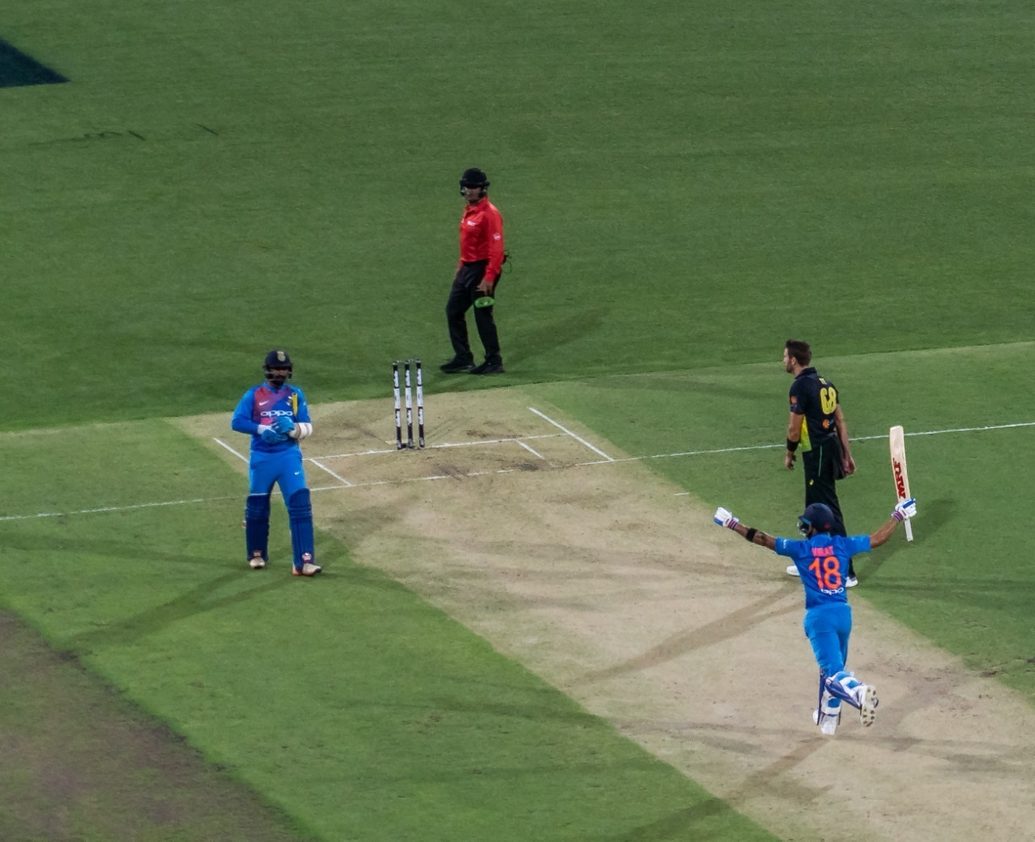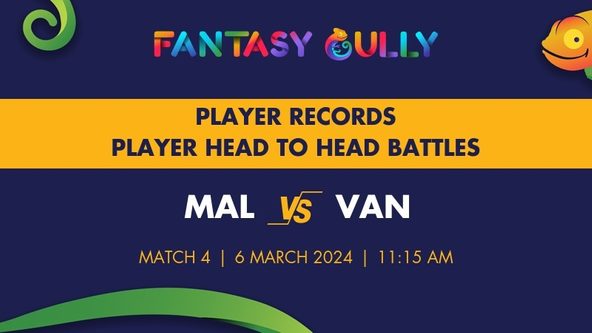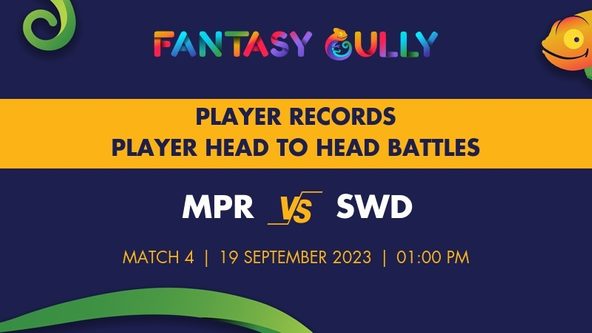NITI Aayog has recommended self-regulation and legal recognition of fantasy sports in India to facilitate its growth and expansion.

NITI Aayog, the policy think tank of the Government of India, has recommended setting up a self-regulatory body for the regulation and development of online fantasy sports platforms (OFSPs) in India.
The draft report titled ‘Guiding Principles for the Uniform National-Level Regulation of Online Fantasy Sports Platforms in India’ was made to identify the landscape and potential for India to be the global leader in the fantasy sports sector.
“A single self-regulatory organisation for the fantasy sports industry should be recognised by the Government. Such a self-regulatory body should be a single- purpose fantasy sports industry body and have a membership of OFSP operators,” the report said.
The OFS market in India has multiplied exponentially in the last five years, growing from two million users in June 2016 to 90 million users in December 2019, according to a KPMG report.
The report also estimates that the fantasy sports industry has the potential to attract Foreign Direct Investment (FDI) of more than INR 10,000 crore over the next few years as well as generate 1.5 billion online transactions by 2023.
NITI Aayog, citing a PricewaterhouseCoopers India’s report, values the GST contribution of the industry to be around INR 3,000 crore to INR 3,500 crore over the next five years.
Although the numbers suggest that the online fantasy sports market of India has shown tremendous development in recent years, it continues to face legal hurdles in different states of India which can adversely impact foreign investments and hinder the growth of fantasy sports in the country.
While the states of Nagaland and Sikkim have laws that work in the favour of fantasy sports, Assam, Odisha, and Telangana have banned them in their states.
“Companies operating OFSPs are required to engage with state regulators who advocate state-specific regulations. Differential state regulations may lead to variation and uncertainty, raising the compliance burden on OFSPs and adversely impacting their ease of doing business and their ability to innovate and scale, and consequently adversely affect their growth potential,” the report noted.
Various High Courts have upheld the legality of fantasy sports but the lack of formal recognition has dragged OFSPs to the courts time and again.
NITI Aayog also suggests setting up cost-effective grievance redressal mechanisms that can safeguard the rights of both consumers and operators.
“These can meet the twin objectives of (i) providing accessible and uniform dispute resolution to consumers and (ii) not repeatedly exposing compliant OFSP operators to repeated legality challenges that come from consumer disputes reaching the courts."
Formed by Dream11 in 2017, the Federation of Fantasy Sports in India (FIFS) is currently the only self-regulating body in India and has the membership of over 30 fantasy sports operators.





